Keynote Speakers
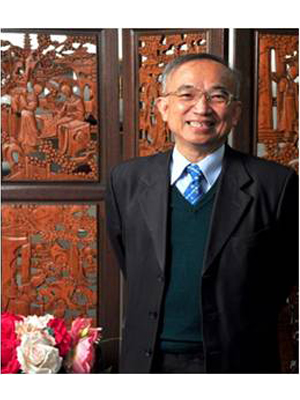
Professor Yan-Kuin Su
Dr. Yan-Kuin Su serves as the President at Kun San University. Dr. Su served as a Director of Advanced Optoelectronic Technology Center at National Cheng Kung University. Bachelor of Science in Electrical Engineering, National Cheng Kung University, Tainan, 1971. Master of Science in Electrical Engineering, National Cheng Kung University, Tainan, 1973. Doctor of Philosophy in Electrical Engineering, National Cheng Kung University, Tainan, 1979. He has been a Professor of Department of Electrical Engineering at National Cheng Kung University since 1983. Dr. Su had an international co-operation experience with the University of Southern California, Los Angeles, and AT&T Bell Laboratories, as a Visiting Scholar in 1979 and 1986. He has also the experience in industry and served as the Independent Director at Himax and of Macronix Technologies, Inc. His research interests are in the Semiconductor Engineering and Devices, Opto-Electronic Devices and Microwave Device and Integrated Circuits.
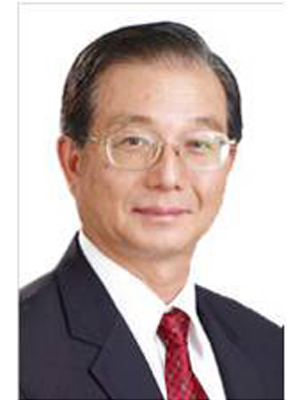
Professor Ching-ji Wu
Dr. Ching-ji Wu serves as the President at the Taiwan University of Education. Dr. Wu obtained his doctoral degree in education from National Taiwan Normal University. He is an university educator in the Republic of China , Taiwan and he was the Minister of the Education from 2009 to 2012, the Vice- and Political- Minister, Administrative of Education from 1999-2001. Dr. Wu had administered the "Five Year, 50 billion project, and Aim for Top University Plan." The project wished the top universities in Taiwan to become the best in the world in his career of Minister of the Education. Dr. Wu achieved assurances and successes that the project was implemented in the joint and associated universities. His research interests are in the Educational Administrative Decision and Implement, the Planning of Educational Policy, the Leadership and Communication of Education.
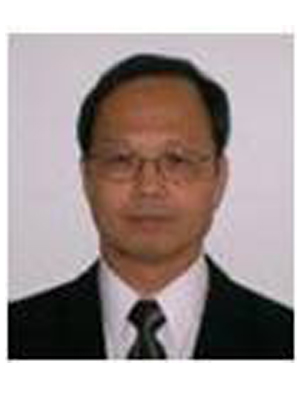
Professor Juin J. Liou
Dr. Juin J. Liou received the B.S. (honors), M.S., and Ph.D. degrees in electrical engineering from the University of Florida, Gainesville, in 1982, 1983, and 1987, respectively. In 1987, he joined the Department of Electrical and Computer Engineering at the University of Central Florida (UCF), Orlando, Florida where he held the positions of Pegasus Distinguished Professor, Lockheed Martin St. Laurent Professor, and UCF-Analog Devices Fellow. His research interests are electrostatic discharge (ESD) protection design, modeling and simulation, and characterization. Currently, he is the president of Emoat, LLC, a consulting firm which provides know-how and expertise on the design and characterization of ESD solutions. He also serves as a chair professor of Zhengzhou University, China and endowed professor of Zhejiang University, China.
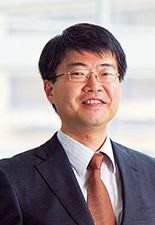
Professor Takao Someya
Takao Someya received the Ph.D. degree in electrical engineering from the University of Tokyo in 1997. Since 2009, he has been a professor of Department of Electrical and Electronic Engineering, The University of Tokyo. From 2001 to 2003, he worked at the Nanocenter (NSEC) of Columbia University and Bell Labs, Lucent Technologies, as a Visiting Scholar. He has been Global foundries Visiting Professor, National University of Singapore since 2016. His current research interests include organic transistors, flexible electronics, plastic integrated circuits, large-area sensors, and plastic actuators. Prof. Someya has received a number of awards, a Japan Society for the Promotion of Science (JSPS) Prize in 2009, 2004 IEEE/ISSCC Sugano Award. Prof. Someya’s “large-area sensor array” electronic thin film was featured in Time Magazine as one of its “Best Inventions of 2005” in its November 21st, 2005 issue.
Professor Frank Schwierz
Prof. Frank Schwierz received the Dr.-Ing. and Dr. habil. degrees from Technische Universität (TU) Ilmenau, Germany, in 1986 and 2003, respectively. Presently he serves as Privatdozent at TU Ilmenau and is Head of the RF & Nano Device Research Group. His research interests include semiconductor device physics and novel device and material concepts for future transistor generations. Dr. Schwierz is Senior Member of the IEEE. He serves as a Distinguished Lecturer of the IEEE Electron Devices Society and as an editor of the IEEE Transactions on Electron Devices. Moreover, he contributed to the Emerging Research Devices Chapters of the 2013 and 2015 ITRS (International Technology Roadmap for Semiconductors) editions and is currently contributing to the Heterogeneous Integration Roadmap.
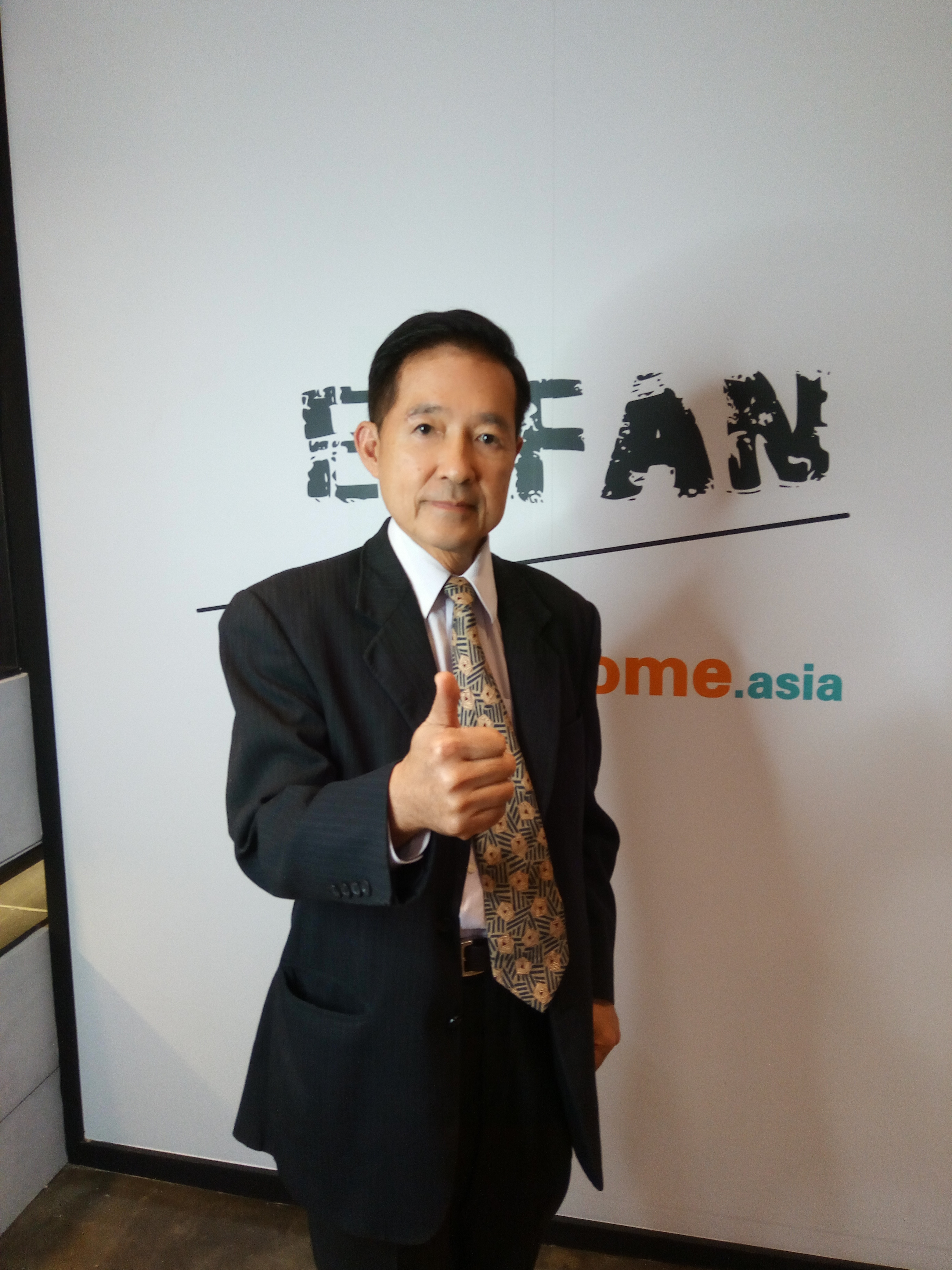
Professor Chi-Ming Chung
Professor Chi-Ming Chung, Bachelor of Environmental Engineering at the National Chen-Kung University, Master at Ohio University, and Ph. D. at Louisiana University, has ever served as President of three universities. These universities are Kainan University, Open University of Kaohsiung and National Taipei University of Education, respectively.
Currently, he is a professor in the Department of Digital Technology Design at the National Taipei University of Education. Professor Chung is a multilingual, speaking 13 languages and publishing more than forty books, including Information management, big data, effective language learning, creative thinking, learning intelligence quotient, teaching intelligence quotient, Taiwan’s amazing ecology.
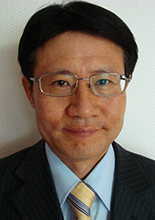
Dr. Kwang S. Yoon
Dr. Kwang S. Yoon received BS degree in EE from Inha University in 1981, MS, and Ph.D. degrees in EE from Georgia Institute of Technology in 1983 and 1990, respectively. He worked at Silicon Systems Inc. (Tustin, Calif.) as a senior design engineer for 1988-1992. Since 1992, he joined the department of Electronic Engineering at Inha University, Korea. He established IEEE ED/SSC joint chapter in 1998 and served as chairman until 2016. He served as TPC chairman and general chairman of ISOCC (International SoC Conference) for 2012 and 2013, respectively. He served as steering committee of ASSCC in 2014 and steering committee chairman of ISOCC in 2016. He also serves as associate editor of JSTS (Journal of Semiconductor Technology and Science) and JICAS(Journl of Integrated Circuits and Systems). His research interests include mixed-signal CMOS circuit design such as high performance data converters (high speed(flash-pipeline, time-interleaving), high resolutions(sigma-delta), low power(SAR) ADCs and DACs), PLLs, PMICs (Buck(PFM-PWM)/Boost) for IoTs, Smart sensor systems, and Bio-signal processing.
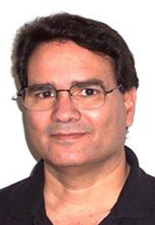
Dr. Ibrahim M. Abdel-Motaleb
Dr. Ibrahim M. Abdel-Motaleb, Ph.D., PE, is a Professor of Electrical Engineering and the Director of the Microelectronics Laboratory at Northern Illinois University. He served as the chair of the department from 2008-2015. He served also as the director of the biomedical engineering program. He has a BS in Electrical Engineering and BS in Physics from Cairo University. He received his MS degree in Physics from the University of Manitoba, Canada and his PhD in Electrical Engineering from the University of British Columbia, Canada. His areas of expertise are in (a) Fabrication, characterization, and modeling of nano/micro electronic devices, integrated circuits, and 3D ICs, (b) nano/electronic material growth and characterization, (c) MEMS design and fabrication, and (d) biomedical engineering instrumentation. He published more than 100 refereed articles and received hundreds of thousands of research fund. He advised more than 5 PhD students and about 45 MS students. Dr. Ibrahim can be reached at ibrahim@niu.edu
Professor Francisco Javier García-Sánchez
Francisco. J. García-Sánchez received the B.E.E., M.E.E. and Ph.D. degrees in Electrical Engineering, from The Catholic University of America, Washington, DC, USA, in 1970, 1972 and 1976, respectively. In 1977 he joined the faculty of the Electronics Department at Universidad Simón Bolívar (USB) in Caracas, Venezuela. He is now formally retired, but remains actively involved in research. Prof. García-Sánchez has held several directive and administrative positions at USB, among others: Coordinator of Research and Development for Engineering and Applied Sciences, Coordinator of Undergraduate and Graduate Study Programs in Electronics Engineering, elected member of USB's Academic and Superior Councils, and Head of the Solid State Electronics Laboratory (LEES-USB), which he founded in 1979. Over the years he has been directing and conducting research on diverse topics, such as: polycrystalline compound semiconductors, their thin- and thick-film deposition techniques, and their use in sensors and photovoltaic solar cells; electrical characterization and modeling of biological tissues, ceramics and other composite and porous materials. His present research activities are mainly oriented to electron device modeling, particularly nano-scale MOSFETs. He has published over 170 refereed technical articles, including 11 invited ones, and has imparted over 39 invited, key-note, plenary, and distinguished lectures. He has co-authored a textbook about MOSFET modeling, a chapter about dielectric determination of rock porosity, and has been the editor of specialized collective books.
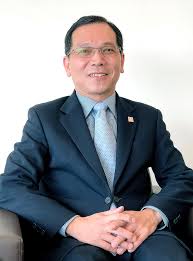
Prof. Pey Kin Leong
Prof. Pey Kin Leong
is an Associate Provost of Singapore University of Technology and Design.
Pey Kin Leong is currently the Associate Provost (Undergraduate Studies and SUTD Academy) and a Professor at the Singapore University of Technology and Design.

